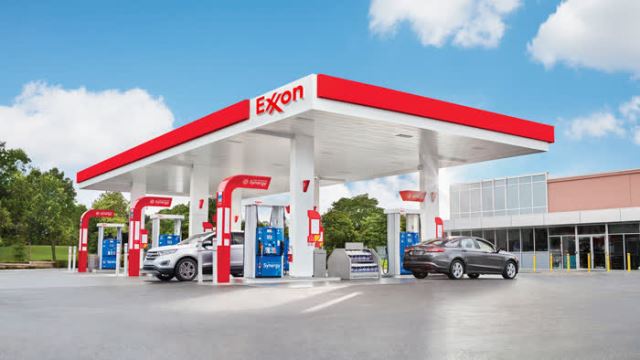Exxon Mobil has announced its acquisition of Denbury for $4.9 billion in a move to expedite its energy transition efforts and bolster its carbon capture business.
This acquisition, which caused a decline in the stock prices of both companies, provides Exxon with an established carbon dioxide (CO2) sequestration operation and a ready-made CO2 transportation infrastructure. It underscores Exxon’s commitment to making carbon capture a profitable venture, particularly with the availability of U.S. tax credits for reducing greenhouse gases.
While widespread adoption of carbon sequestration faces challenges due to costs and technical complexities, Exxon’s acquisition of Denbury demonstrates its confidence in the potential profitability of the sector. The all-stock offer from Exxon valued Denbury at a 1.9 percent premium to its Wednesday closing stock price, reflecting the costs and requirements associated with developing a successful CO2 business. Denbury’s CEO, Chris Kendall, stated that Exxon’s extensive resources and capabilities make them the ideal partner to further develop their CO2 business, which demands significant capital and years of work.
Denbury, based in Plano, Texas, is an oil and gas producer that operates a 1,300-mile CO2 pipeline network across the United States, including pipelines in the Gulf Coast’s petrochemical industry heartland. This aligns with Exxon’s goal of building a carbon hub in the region. Jefferies analyst Sam Burwell estimated that Exxon is paying $1.9 billion for Denbury’s carbon capture infrastructure and $3 billion for its oil production.
Following the announcement, shares of Exxon dropped by 1.9 percent to $104.46, while Denbury’s shares slipped to $86.62. Denbury, which primarily generates revenue from enhanced oil recovery using CO2 injection, emerged from bankruptcy in September 2020. Its stock has seen a substantial increase since then as carbon sequestration gained prominence among U.S. companies aiming to reduce greenhouse gas emissions.
With Denbury’s pipeline network and sequestration sites, Exxon gains a valuable asset to swiftly provide carbon removal services to its carbon reduction customers, including Linde AG and CF Industries, while its own offshore storage sites are still years away from operation.
Exxon’s pursuit of carbon capture aligns with the strategies of other major oil companies such as Chevron, Occidental Petroleum, and Talos Energy, all of which aim to capture and store CO2 underground. Exxon established its Low Carbon Solutions business two years ago, with ambitions to generate significant revenue by reducing its own and its customers’ emissions, Reuters news report said.
In recent years, Exxon has made significant strides in carbon management, including striking its first commercial carbon storage deal with CF Industries and announcing plans for a large-scale hydrogen plant in Texas. The acquisition of Denbury reinforces Exxon’s commitment to the growth of its low-carbon solutions business.
Exxon CEO Darren Woods emphasized that the Denbury acquisition reflects their determination to drive profitable growth in their low-carbon solutions business, highlighting their ongoing commitment to the energy transition and reducing greenhouse gas emissions.

